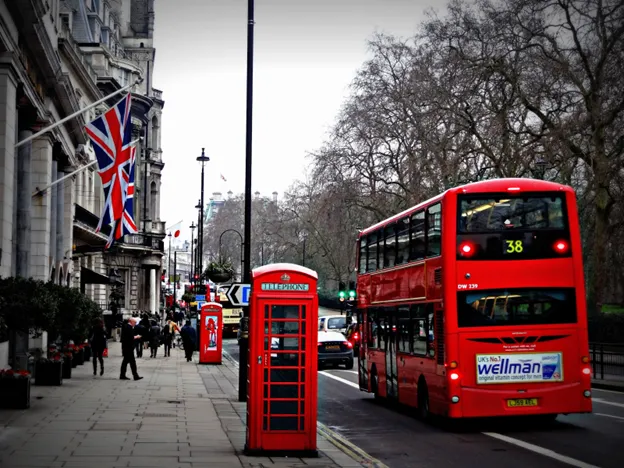EU citizens now subject to right to work checks
The closure of EU Settlement Scheme applications and the end of the Brexit transition period means that EU, EEA and Swiss citizens must now undergo right to work checks in the UK.
If you’re an EU citizen that needs assistance after the transition period get in touch with our lawyers today on 0333 305 9375.
Read our 1001 reviews
EU citizens and right to work checks
Applications for the EU Settlement Scheme officially closed on 30th June 2021 (for most applicants) and this marks the end of the Brexit transition period. Now, EU citizens living in the UK will be treated equally to other overseas nationals.
As of 1st July 2021, UK employers must now carry out right to work checks on all their employees from the EU, EEA or Switzerland as well as other overseas employees.
If you are an EU, EEA or Swiss citizen employed in the UK you must have a right to work, you can have a right to work if you:
- Have Indefinite Leave to Remain in the UK
- Have naturalised as a British citizen
- Have obtained settled or pre-settled status through the EU settlement scheme
- Hold a UK visa that grants you permission to work, such as the Skilled Worker Visa

How EU citizens can prove their right to work
Before the UK left the EU, EU citizens were able to prove their right to work using their passport. Now that EU citizens no longer have an automatic right to work in the UK, the way that they can prove this has changed.
If you are an EEA, EU or Swiss national and you have either settled or pre-settled status through the EU Settlement Scheme, a frontier work permit or biometric documents then you can prove your right to work using the UK government’s online checking service. You will need to give your employer your share code and date of birth and they will be able to look you up on the checking service.
If your right to work cannot be verified online then you can prove your right to work to your employer using physical documents such as a biometric residence permit or visa.
Other immigration changes after the transition period
As well as mandatory right to work checks coming into place for EU workers in the UK, there have also been several other immigration changes following the end of the transition period.
From the 1st July 2021 applications for a new graduate immigration route have opened. The new graduate route allows overseas nationals who have obtained a degree in the UK to stay in the country and work for two years, or three years if they are a doctoral student.
The new graduate route is much simpler to apply for than other types of work permits. Applicants will not need a job offer or sponsor employer and there is also no minimum salary requirement.
Another change as of 1st July is the way in which EU, EEA and Swiss nationals prove their rights in the UK. Instead of using their passports or national ID cards which they were previously able to do, EU citizens must now use their immigration status to prove their rights. This includes not only their right to work but also their right to live or study in the UK.
How can IAS help?
Following the end of the Brexit transition period, life in the UK has changed for EU, EEA and Swiss citizens. If you are confused about your rights or any other changes to the immigration system, our lawyers are here to help.
All of our IAS immigration lawyers are highly trained and knowledgeable about all the latest changes to UK immigration law. If you have questions about your immigration status or rights in the UK our lawyers can help you during an advice session. With one of our advice sessions you will have the opportunity to discuss your issue with a professional immigration lawyer, they will then offer legal advice about your immigration options and can also answer any questions that you may have.
For more information about the services that our lawyers provide get in touch today on 0333 305 9375.
Table of Contents
Table of Contents will appear here.Table of Contents
Table of Contents will appear here.Legal Disclaimer
The information provided is for general informational purposes only and does not constitute legal advice. While we make every effort to ensure accuracy, the law may change, and the information may not reflect the most current legal developments. No warranty is given regarding the accuracy or completeness of the information, and we do not accept liability in such cases. We recommend consulting with a qualified lawyer at Immigration Advice Service before making any decisions based on the content provided.















